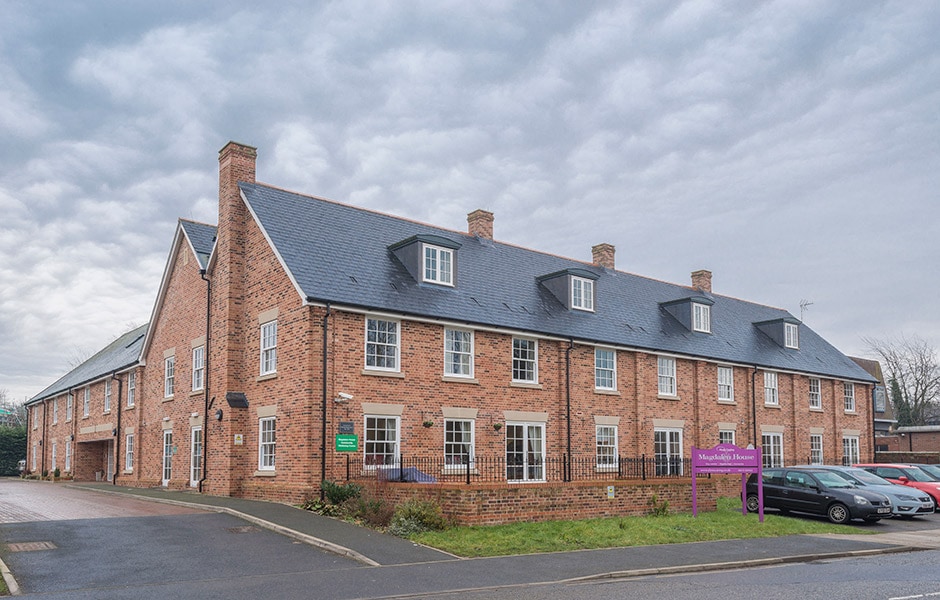I recently covered a curious case in Brent, London, where the council paid the landlord’s legal fees and rent in order to prevent a Section 21 eviction from happening thanks to the lack of social housing in the area.
It seems likely these cases happen all the time, but this is just one of the few times where it’s entered the public sphere.
While it’s certainly an odd predicament, I think it underlines why it’s important to have social and private housing providers working in tandem across the UK.
That means having a properly funded social housing sector to give people a safety net in times of trouble – potentially moving them to a property with cheap rent.
Even without extreme cases like this, it can end up costing the taxpayer more when the council feels forced to pay private rents in the form of housing benefit rather than moving a struggling tenant into a social home.
Housing association can keep rents controlled and affordable, while they can work with tenants who are in trouble to help them get back on their feet.
However a big problem is the dwindling supply of social rented stock, caused by underfunding and policies like Right to Buy.
I can understand the frustrations of private landlords who have tenants who are in arrears.
Indeed, it seems councils commonly recommend for tenants to stay in private households until bailiffs come knocking, to ensure they aren’t deemed homeless voluntarily, which can limit the support they receive.
The difficulty for councils is homelessness is a problem that’s increasingly blighting the UK, and it seems they will do anything not to make that worse – including in this case paying a landlord directly.
Homelessness is getting worse, as research from Shelter shows that there were nearly 80,000 people facing homelessness in England between January and March 2023 – the highest number on record.
There will always be cases of arrears, but it’s down to the government and local authorities to figure out how to deal with this issue.
Paying a landlord’s rent hardly seems the good solution – it’s expensive for one – but when there’s no social housing alternative it’s either this or add another number to the UK homelessness total.
